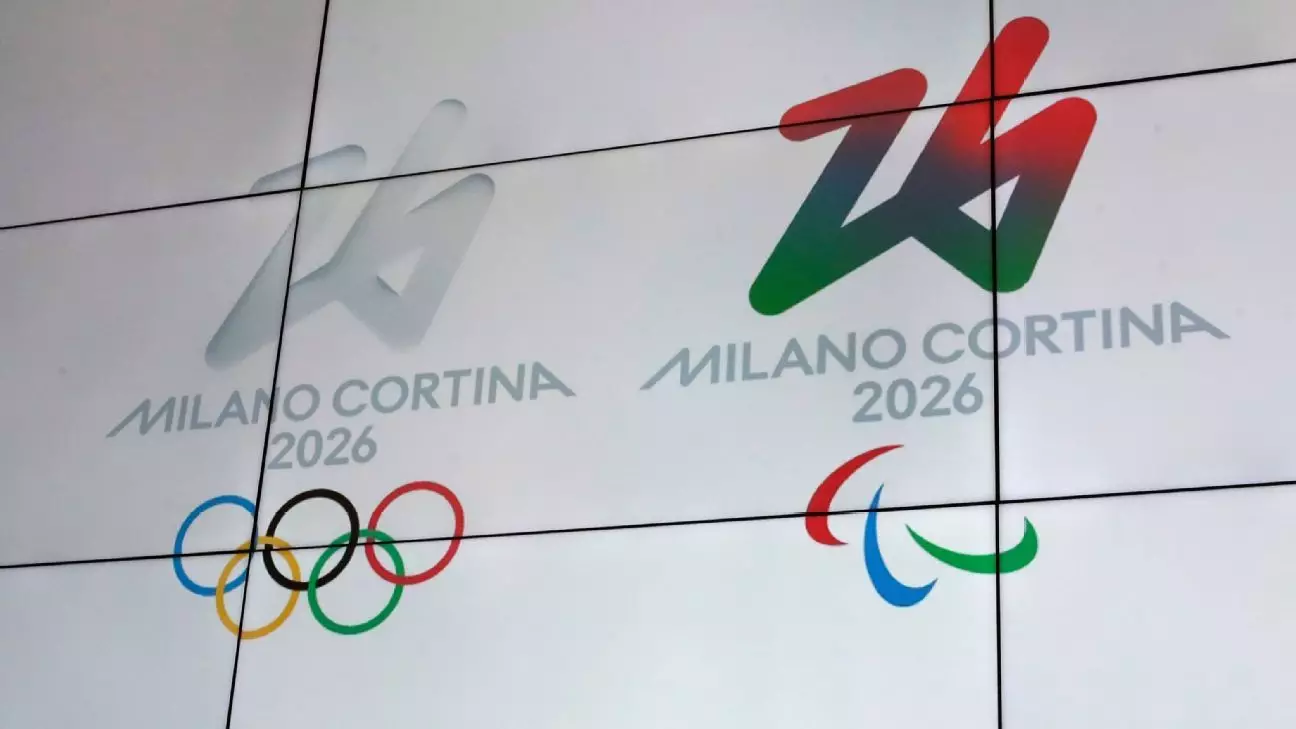The decision to return NHL players to the Olympic stage signals a transformative shift in international ice hockey. For years, the absence of NHL participation cast a shadow over the grandeur and competitive prestige of the Olympic hockey tournaments. This renewed commitment not only elevates the status of the Winter Games but also reinvigorates fans’ anticipation worldwide. It underscores a bold recognition that showcasing the best talent in the world on a global platform is essential for the sport’s evolution and appeal. While some skeptics doubted the NHL’s willingness or ability to participate consistently, the finalized deal with the IOC, IIHF, and NHLPA demonstrates a rallying of forces firmly aligned with the sport’s broader growth.
Strategic Collaboration as a Catalyst for Growth
The collaborative effort among major stakeholders—the NHL, its players’ union, the IIHF, and the IOC—serves as a testament to the unifying power of shared vision. These organizations have navigated through complex negotiations, balancing logistical challenges with commercial interests and player commitments. NHL Commissioner Gary Bettman’s enthusiasm is justified; an Olympic appearance amplifies the league’s global footprint. Moreover, it offers players a rare, prestigious stage to exhibit their skills beyond the NHL playbook, deepening their individual legacies. The partnership also aligns with broader aspirations of expanding hockey’s international horizons, fostering cultural exchanges, and inspiring new generations of players worldwide.
Implications for the Future of the Sport
This development is not merely about relishing historical moments; it’s a strategic move to ensure the sport’s sustainability. With the agreement extending to the 2030 Olympics and beyond, hockey is planting roots in the Olympic tradition for the long haul. This continuity holds promise for broadcasters, sponsors, and emerging hockey markets eager to anchor their identities within an event that commands global attention. However, critics might argue that balancing NHL schedules with international commitments remains a logistical puzzle, risking player injuries and overexertion. Nevertheless, the overall trajectory is clear: hockey’s presence at the Olympics symbolizes recognition of its potential to captivate audiences at every level.
Intentionality Behind the Return
The meticulous negotiations, culminating in the agreement’s finalization, reflect a conscious effort to mend a fractured relationship between club commitments and international ambitions. This deal signifies a strategic recalibration, emphasizing the sport’s desire to reclaim its place on the world’s premier sporting stage. It’s an assertive move by the NHL and its partners, acknowledging that the Olympic platform offers unparalleled exposure, fan engagement, and a chance to build cultural bridges. As the 2026 Games approach, expectations are high—fans are eager to witness an era where the best hockey talent competes under the Olympic flag, elevating their sport beyond the ice rinks and into global consciousness.

